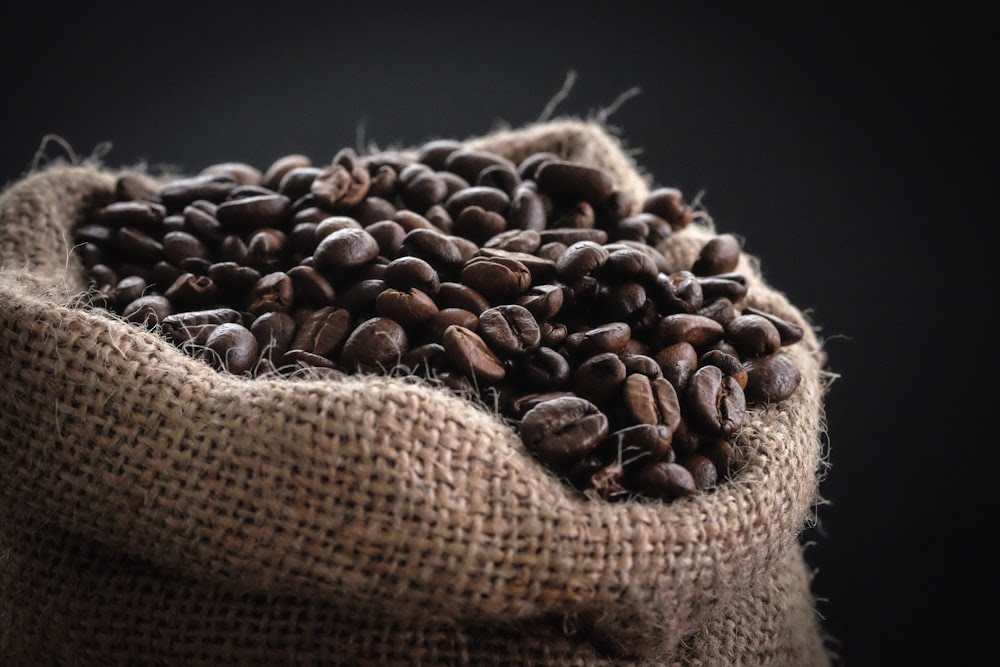Even moderate climate change could have significant effects on coffee production. According to one of the modelled scenarios, the total surface area of coffee crops could be halved, and Brazil, the leading coffee producer with 50% of the world’s production, could see its production area cut by 79%.
This result was obtained by a Swiss study published in 2023, carried out by the Institute of Natural Resources Sciences in Zurich, which evaluated the effects of climate change on coffee, cashew and avocado crops. These three products were chosen because small local producers in the tropics often produce them, are marketed internationally and constitute the staple diet of many people.
Among these three products, coffee is the most important, with a world market estimated at 460 billion dollars in 2002 and a projected increase of 20% by 2025. Climate change is thus expected to lead to a significant decrease in the land available for the cultivation of these three products, reducing production capacity and the quantity available to be marketed.

Unlike many previous studies that focused on the effects of climate change on the cultivation of staple crops such as wheat, maize or potatoes mainly in temperate zones, this new study takes into account the tropical zone, which represents about 40% of the planet’s land surface and is home to a population of 3 billion people that is constantly increasing.
To assess the effects of climate change on agricultural productivity, the researchers related soil properties to climate variables such as precipitation and temperature, which allowed for a better understanding of the changes in physical conditions for crops in the future, such as Ph and soil structure.
This type of study is beginning to show the dramatic effects of climate change on crops and people in tropical areas. Some regions at the edge of these zones, such as China, Argentina or the United States, could benefit from a transfer of these crops due to climate change. If the displacement of crops seems unavoidable, it is not sure that an equivalent quantity can continue to be produced, increasing the scarcity and cost of certain products, such as coffee.



Comment here